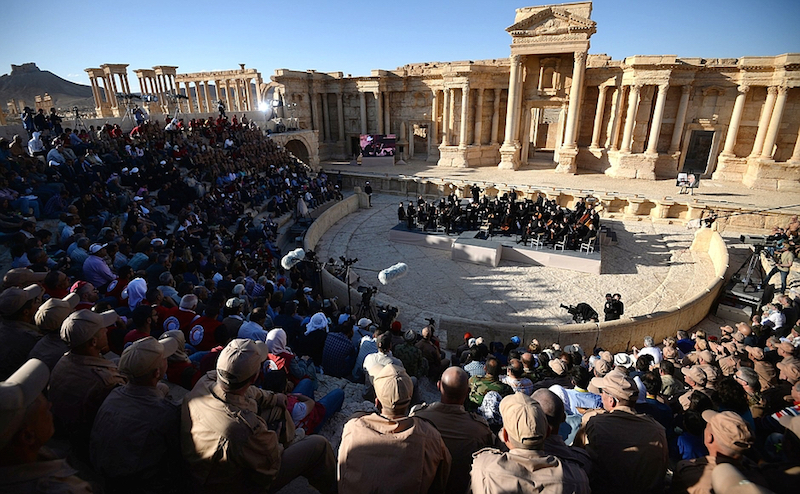Although Kurdish militia have gained international attention in their fight against ISIS, the increasingly violent war in Turkey against its Kurdish population has been silenced in many media outlets. Tensions between the Turkish government and the Kurdish population, exacerbated by the formation of the militia group, Kurdistan Workers’ Party (PKK) in 1984, was revived with the end of a two-year truce between Turkey and PKK in July 2015. Since then, dozens of siege-like curfews, most of them still ongoing, have been imposed by the Turkish government as Turkish security forces crack down on Kurdish militants. These military operations have extended to at least seven Kurdish districts and cities scattered in the predominantly Kurdish east and south-east regions. The curfews and violence have deprived civilians of electricity, water, food, and medical supplies leading to hundreds of civilian deaths and the displacement of more than 300,000 people. Although human rights groups have asked Turkish authorities to allow for a 24-hour humanitarian corridor so that people trapped within besieged parts can be evacuated, there has been limited response by the government.
Turkey’s Anti-Terror Law, enacted in 2012, has allowed its government forces to prosecute thousands of politicians, journalists, activists and civilians accused of engaging in ‘terror activity’ or ‘separatist propaganda’ without question. The legislation has been condemned by the European Union (EU) and United Nations (UN) as breaking international human rights standards as the conflict has resulted in a significant increase in police violence, abuse, and extrajudicial killings.
The historically embedded hostility towards the Kurdish population continues to subject them to systematic oppression and consistent assaults on their ethnic identities, cultural freedoms as well as their political and economic status. Since the rise of modern Turkey in 1923, Kurds were colonized and assimilated through mass displacement, violence, censorship, and other abuses of international law. Although the Turkish government lifted its ban on speaking Kurdish in public in 1991 and on Kurdish broadcasting in 2002, freedom of expression in Turkey continues to pose a major problem.
Making up approximately 17 million, almost 20%, of the population, the Kurdish population in Turkey currently faces challenges in terms of human rights violations, marginalization, and violence. The intensification of conflict between Kurds and Turks cannot be overlooked especially in the context of the political polarization, government instability and economic slowdown currently confronting Turkey. The resolution of the Turkish-Kurdish problem would not only be a significant humanitarian achievement, but a strategic one as well. With a population of approximately 30 million, spread out across Iran, Iraq, Syria and Turkey, Kurds remain the largest stateless minority group in the world without representation at the UN or other international platforms.
Shifting Dynamics
Even with increasingly turmoil relations, Kurds in Turkey have made significant advances in the political sphere in recent years with the pro-Kurdish, leftist People’s Democratic Party (HDP) becoming the first Kurdish-oriented party to enter the parliament in 2015. However, even after formal election into the parliament, HDP leaders have faced accusations of terrorist activity by the conservative and increasingly authoritarian Justice and Development Party (AKP). Meanwhile, the PKK, and its Syrian military affiliate, the People’s Protection Units (YPG), along with other Kurdish militia, have been the only effective ground forces in the fight against the Islamic State on the Syrian front since mid-2012.
However, HDP and Kurdish militia continue to face repression by AKP as socio-political actors for change. Since Turkey has reached a deal with the United States to support the fight against ISIS, Turkey has focused more on PKK militia to address its “two-pronged ‘anti-terror war’” rather than the Islamic State – a strategy which many believe to be counterproductive.
With political and battlefield momentum, the dynamics between Turkish and Kurdish relations are shifting. As the PKK-affiliate YPG gains international backing, Turkey’s fears of the PKK having a safe haven have prompted it to bombard Kurdish groups in Syria, an action repeatedly condemned by its NATO allies and the UN as “further complicating the fight of world powers to halt the hostilities.” The leader of AKP, President Recep Tayyip Erdogan, continues adamantly to resist change mainly attributed to his fear of “institutional consequences and the loss of centralized power” and geopolitical self-interest. Consequently, this also exacerbates tensions between Turkey, various EU countries, and NATO allies in the fight against ISIS.
Reconciliation between Turkey and PKK would allow both parties to not only to form a collective front against ISIS, but also to work towards the provision of Kurdish minority rights that they have been fighting for. However, reconciliation between the two groups would be no easy feat as the ongoing violence between Kurdish militia and Turkish forces exacerbates the long-lived cultural and political divide that once saw fragile peace. As government officials continue to target Kurdish civilians and resist their recognition on the national platform, the social fabric of Turkey will remain weak and the oppression of Kurds is bound to continue. With simultaneous challenges of a multi-country Kurdish insurgency, ISIS attacks and political violence, the future of Turkey, and its implications for Kurdish civilians, has become a pressing international matter.
Disclaimer: Any views or opinions expressed in articles are solely those of the authors and do not necessarily represent the views of the NATO Association of Canada.




